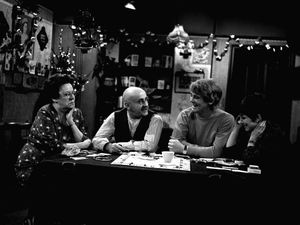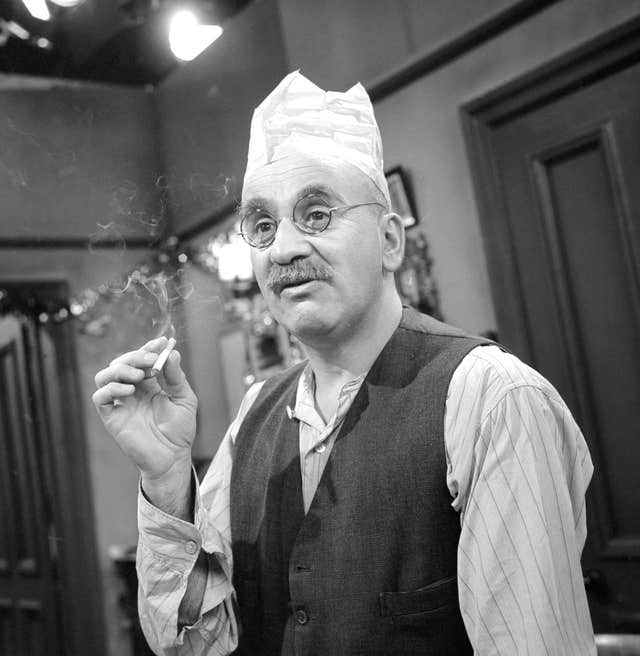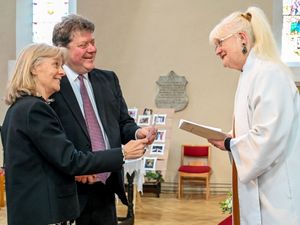Lost episodes of sitcom Till Death Us Do Part to air for first time in 50 years
UK television network That’s TV has announced it will show over 80 episodes of the long-running sitcom, starting in September.
Published

That’s TV has announced it will air long-running sitcom Till Death Us Do Part, including four episodes which have not been seen in half a century.
The popular comedy show centres around big-mouthed buffoon Alf Garnett and his reactionary opinions on everything.
It follows Garnett, played by the late Warren Mitchell, and his incessant squabbling with his wife, Elsie, played by Dandy Nichols, son-in-law Mike, played by Tony Booth, and daughter Rita, played by Una Stubbs.
The Alf Garnett season will begin on That’s TV on Sunday September 4 at 9pm.






